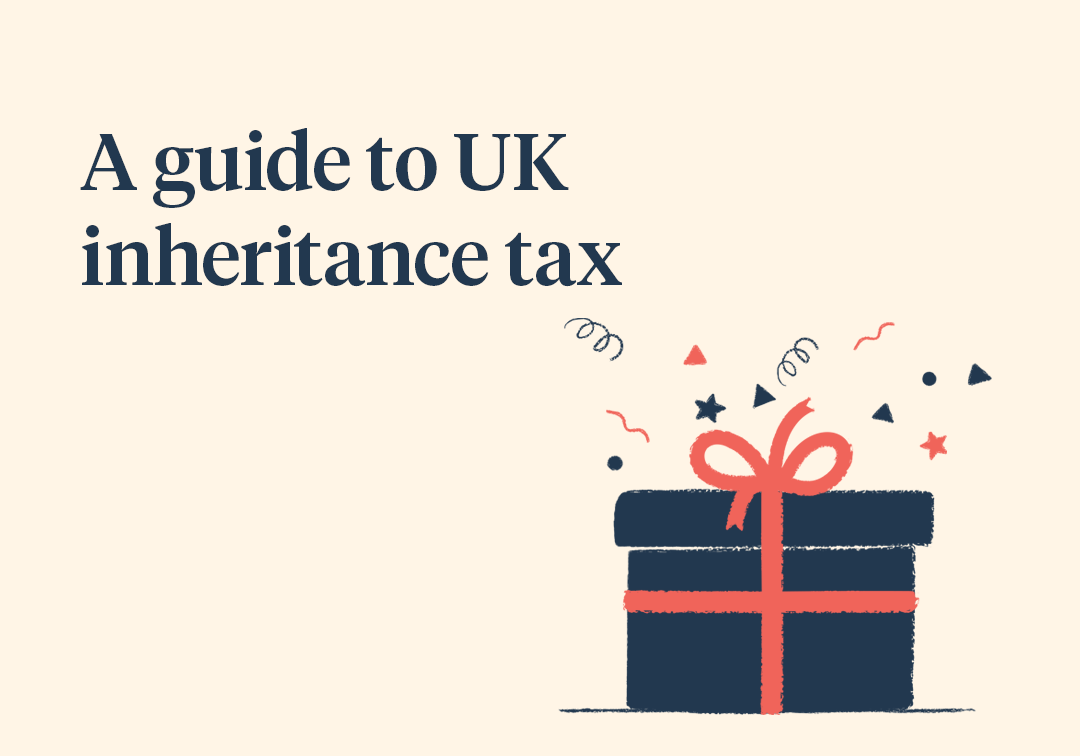Dealing with a large estate can be a good problem to have, but it can bring added complexity especially when it comes to inheritance tax (IHT). The larger the estate, the more important it is to plan ahead and consider strategies that could help reduce your IHT bill.
Packaged inheritance tax (IHT) mitigation solutions may offer a faster route to IHT mitigation for some individuals. However, like all financial planning tools, they aren’t suitable for everyone. So, how do packaged IHT mitigation solutions work, and who are they best suited for?
What is business relief?
To understand how these solutions work, it’s first necessary to examine one of their key components: business relief.
Business relief (BR) is a tax relief that helps reduce or eliminate IHT on certain business assets when passed on after death. It was introduced in the 1970s to help families keep their businesses, rather than having to sell them to pay an IHT bill. Today, it also encourages investment in trading businesses that aren’t listed on the main stock exchange. It can also apply to certain shares held on the Alternative Investment Market (AIM), but for the purposes of this piece, we won’t be focusing on these.




